
The IVI SK bioscience Park MahnHoon Award
Introduction
The IVI – SK bioscience Park MahnHoon Award is presented in April each year to recognize up to 2 individual(s) and/or groups (organizations) worldwide who have made exceptional contributions in the field of vaccines. The annual Award is accorded jointly by IVI and SK bioscience, a South Korean innovative biopharmaceutical company specialized in vaccines. IVI is the world’s only non-profit international organization devoted exclusively to the discovery, development and delivery of vaccines for global health.
Nomination Guidelines
- The nominee has made a major scientific breakthrough, significant contributions to vaccine discovery and development, or has improved and expanded vaccine delivery, and/or
- The nominee has demonstrated the impact of vaccines and immunization in public and global health by accelerating vaccines and vaccine innovation and expanding immunization across the globe.
- Only selected nominators, who will receive confidential invitations, shall be entitled to nominate candidates.
Award Selection Committee
Nominations will be reviewed by the Award Selection Committee, which will comprised of 12 leading experts in vaccines, to select the finalists.
Awardees
- The Award will honor up to two individual(s) and/or teams, on each occasion. It is possible to split the single award evenly to recognize joint contributions to a vaccine(s).
- The awardees will be contacted individually and will be officially announced in February each year.
- The awardees will receive KRW100 million or US$80,000 (based on exchange rate of 1,250 KRW/USD) each.
- Each awardee shall make a presentation on his/her work at the Award Ceremony, which is scheduled in April each year.
Dr. Park graduated from Seoul National University with a bachelor’s degree in molecular biology, earned a master’s degree in virology from Seoul National University and a Ph.D. in molecular virology from the University of Ottawa, Canada. He served as the head of the Bio Division at SK chemicals Life Science Research Center, President and Chief Technology Officer of SK chemicals, and Vice Chairman of SK bioscience. The late Vice Chairman Park is credited with leading SK bioscience’s global vaccine projects and research and development (R&D), enhancing domestic vaccine R&D capabilities to global levels. Representative examples include a joint development agreement with Sanofi Pasteur for a next-generation pneumonia vaccine and collaboration with the International Vaccine Institute (IVI) and the Bill & Melinda Gates Foundation to develop a typhoid vaccine. In addition, SK Bioscience has taken the lead in establishing domestic vaccine sovereignty through the development and localization of rapid and safe vaccines based on cell culture technology. SK Bioscience’s world’s first cell-cultured quadrivalent influenza vaccine (2015), pneumococcal vaccine (2016), and the world’s second shingles vaccine (2017) are the works of the late Dr. Lee, who devoted his life to vaccine research.
Recipients of Park Mahnhoon Award
2022 Awardees
Dr. Tore Godal, MD, PhD
Dr. Godal, MD, PhD, served as founding CEO of GAVI from 1999-2004, when it earned $750 million from the Bill & Melinda Gates Foundation towards vaccination programs for children living in poverty. Through the alliance, more than 888 million children were vaccinated from 2000 to 2020. WHO and UNICEF estimate that Gavi has helped save more than 15 million lives. Dr. Godal also played a crucial role in the widespread introduction of mosquito nets, an initiative that has helped prevent millions of deaths from malaria. He continues his endeavors to accelerate the development and delivery of vaccines, currently serving as an advisor to the Coalition for Epidemic Preparedness Innovation (CEPI), which he also helped create. CEPI has played a pivotal role in the accelerated development of vaccines against pandemic diseases including COVID-19. He was the 2019 winner of Norwegian King’s Medal of Merit and a co-winner (public health) of the 1999 Prince Mahidol Award.
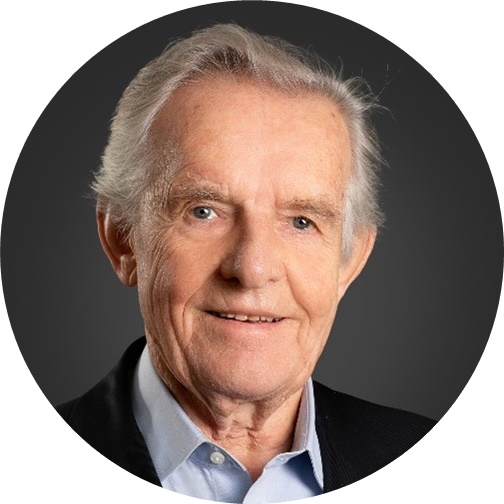
Prof. Drew Weissman, MD, PhD & Prof. Katalin Karikó, PhD
Prof. Drew Weissman, a physician and researcher at the University of Pennsylvania Perelman School of Medicine, is recognized for his contributions to RNA biology and the COVID-19 vaccines. He and his colleague Prof. Katalin Karikó jointly invented the modified mRNA technology being used in vaccines from Pfizer-BioNTech and Moderna to prevent COVID-19. Profs. Weissman and Karikó, a biochemist and Senior Vice President at BioNTech and an adjunct professor of Neurosurgery at the University of Pennsylvania, discovered a way to modify mRNA and then developed a delivery technique to package the mRNA in fat droplets (called lipid nanoparticles). These laboratory breakthroughs make it possible for mRNA to reach the proper part of the body and trigger the body’s immune system to fight disease. This innovation made mRNA safe, effective, and practical for use, establishing a foundation for two SARS-CoV-2 vaccines that have led the world’s fight against the pandemic virus. They are the co-winners of the 2022 Benjamin Franklin Medal in life sciences, the 2022 Breakthrough Prize in life sciences, the 2022 Japan Prize, and the 2023 Nobel Prize in Physiology or Medicine.

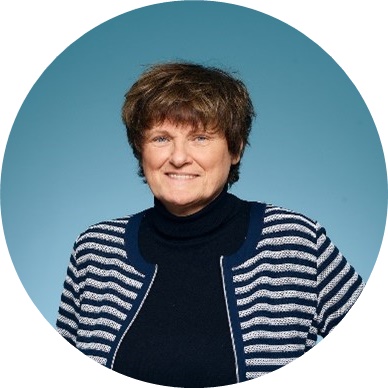
2023 Awardees
Dr. Rino Rappuoli, PhD & Dr. Mariagrazia Pizza, PhD
Dr. Rino Rappuoli and Dr. Mariagrazia Pizza jointly pioneered a new more scientific approach to vaccine development – “reverse vaccinology” that takes what we understand about the viral and bacterial pathogens and immune responses against them to design an optimal vaccine candidate. Using this approach they developed a new vaccine against the Type B meningococcus, a devastating infection of the nervous system that occurs most commonly in infants aged under 1 year, as well as children and adolescents. This vaccine is now licensed (Bexero) and has shown to be highly efficacious in preventing the disease.
Dr. Rappuoli is now the Scientific Director of Biotecnopolo di Siena Foundation in Italy and was formerly the Chief Scientist at GSK Vaccines, His extensive contributions to vaccinology also include a molecule, CRM197, that today is the most widely used carrier for vaccines against H. influenzae, N. meningitidis and pneumococcus, and is used to vaccinate most children worldwide.
Dr. Mariagrazia Pizza is former Senior Scientific Director Bacterial Vaccines at GSK. In the 1980s, she took on a project aimed at designing genetically detoxified pertussis toxin. This research led to the identification of a genetically detoxified pertussis toxin as the antigen ideal for a new vaccine for being devoid of toxicity but highly immunogenic. In 1999, she became the project leader for the identification of new Meningococcus B antigens using the ‘reverse vaccinology’ approach. This allowed the development of the MenB vaccine, which has been licensed in more than 40 countries worldwide.
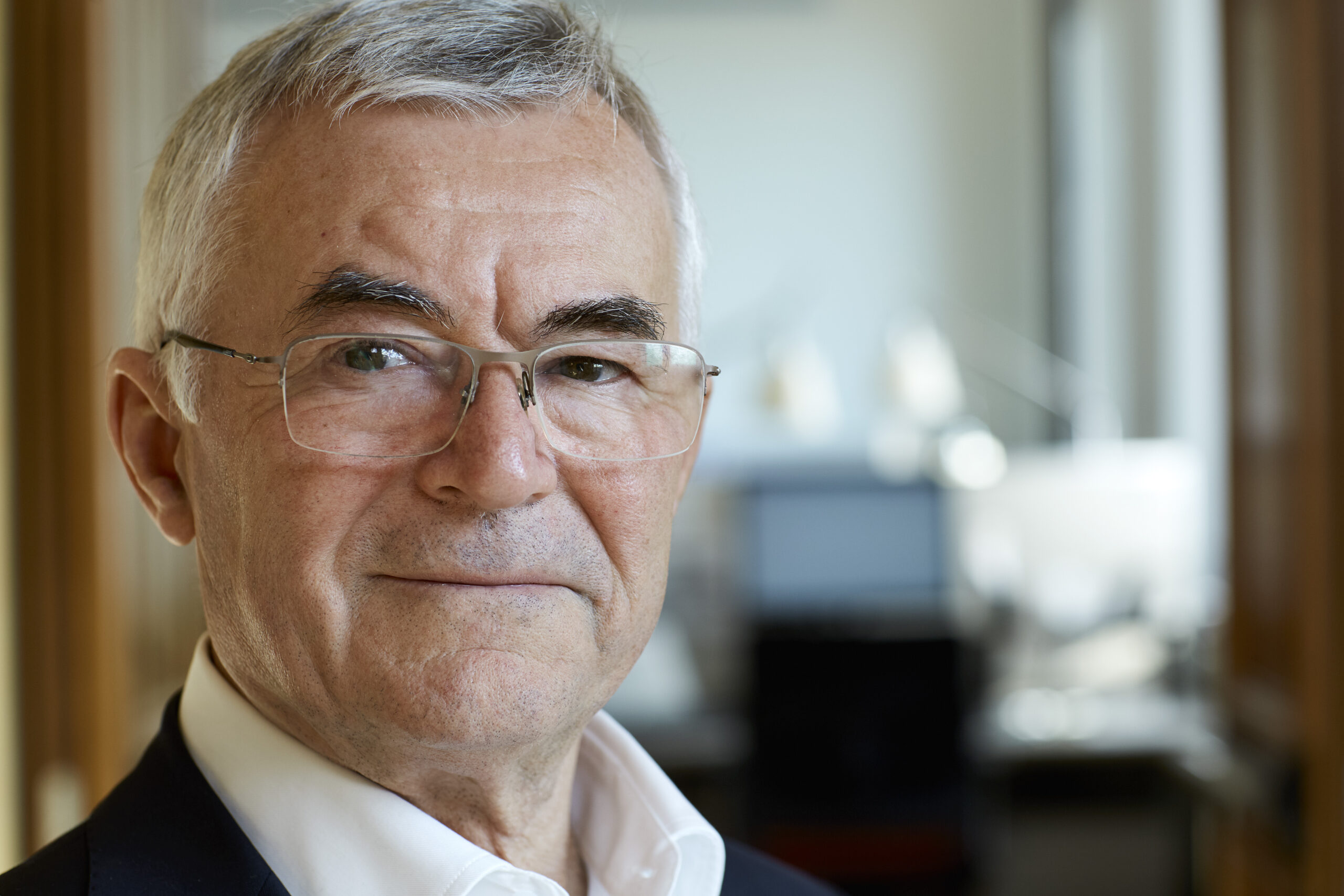
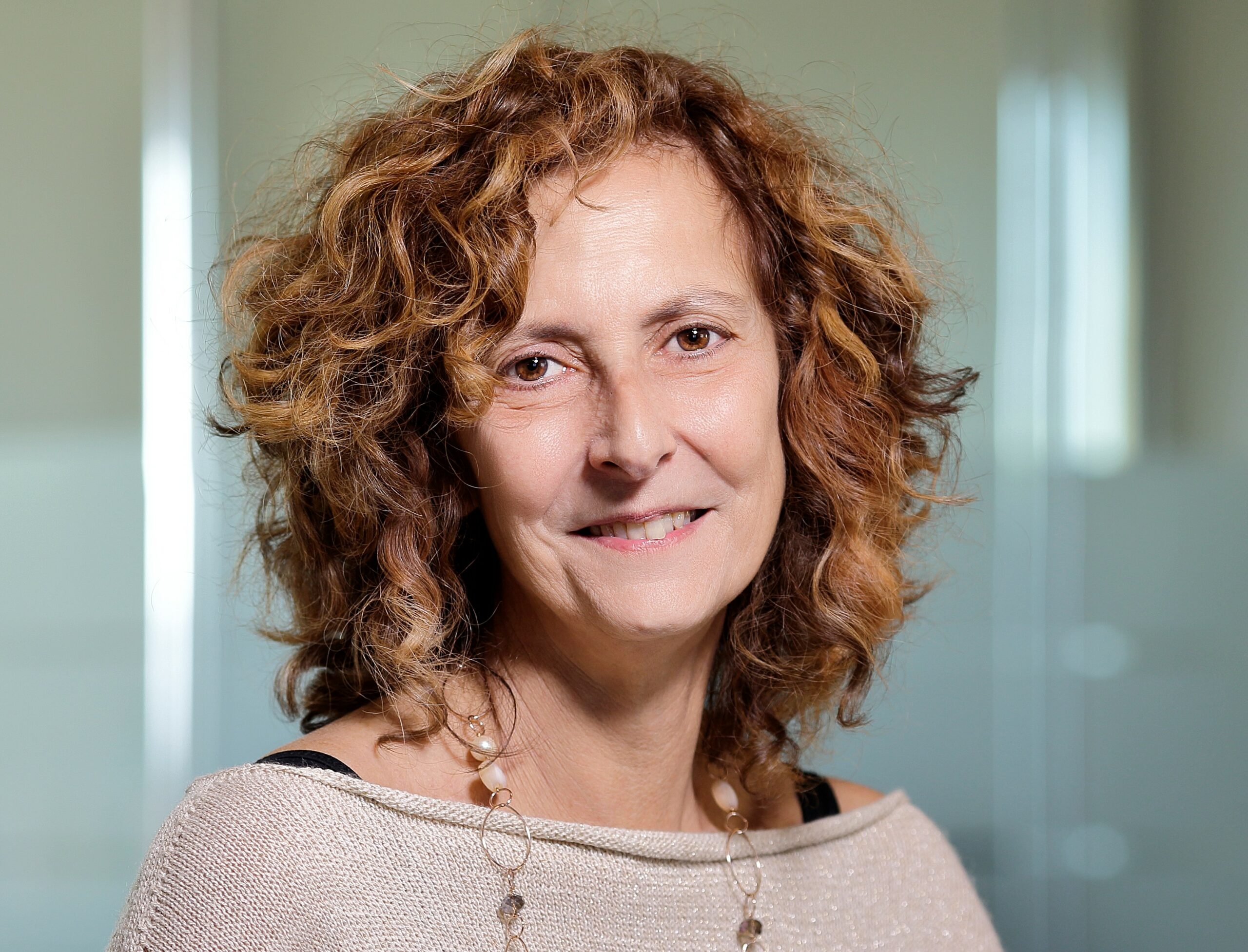
Prof. Andrew Pollard, MD, PhD & Prof. Sarah Gilbert, PhD
Prof. Andrew Pollard, Director of the Oxford Vaccine Group in the Department of Pediatrics at the University of Oxford, led the clinical development of the Oxford/AZ COVID-19 vaccine across 3 continents, one of the first and most widely administered vaccines in the fight against the pandemic. He has conducted extensive clinical, basic and epidemiological research crucial to the understanding of the burden of vaccine-preventable diseases and has led pioneering work on meningococcal, pneumococcal, typhoid and COVID-19 vaccines which underpins global policy on immunization against these diseases.
Prof. Sarah Gilbert, Professor of Vaccinology at the University of Oxford and a co-inventor of the Oxford/AZ vaccine, was the driving force behind the creation of this novel adenoviral vectored COVID vaccine. More than 3.1 billion doses of the vaccine have been released for supply to over 180 countries, including over 580 million doses that were made available to COVAX for low- and middle-income countries, or about 31 percent of all COVAX supplies. As a leader of vaccine advocacy she is also the author of the book ‘Vaxxers: The Inside Story of the Oxford AstraZeneca Vaccine and the Race Against the Virus.’ Her work also focuses on the rapid transfer of vaccines into GMP manufacturing and first in human trials as part of efforts to accelerate the development and introduction of new vaccines.
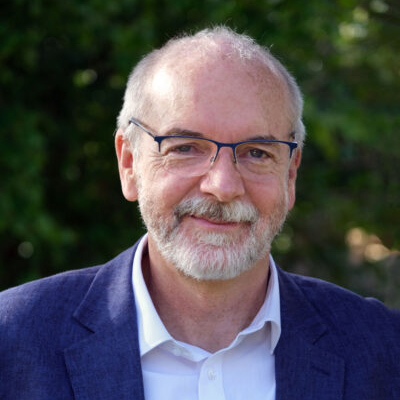
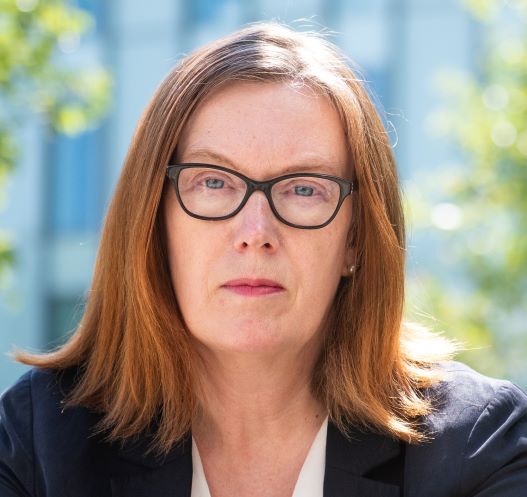
2024 Awardees

